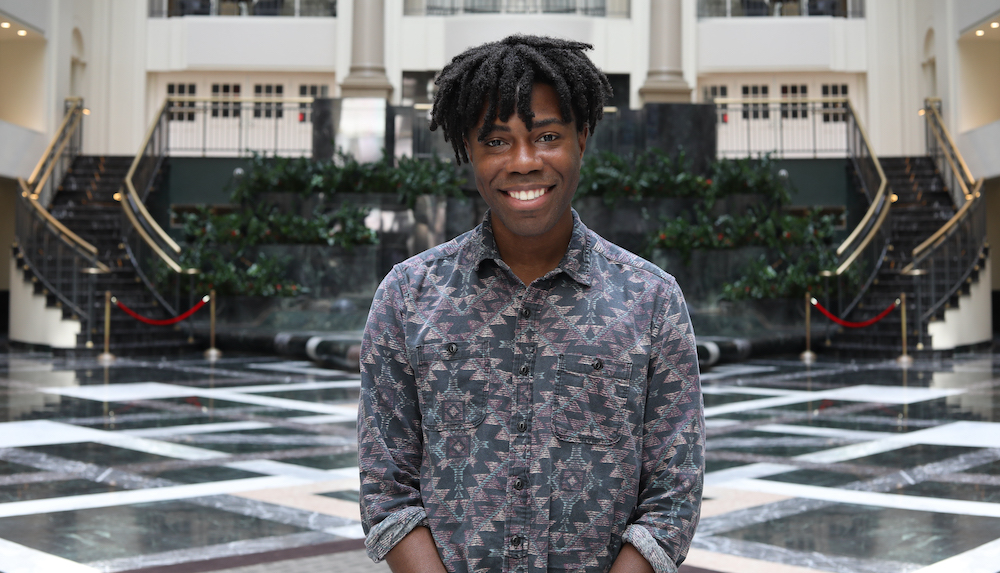Project Waves provided free wired internet service to the entire building at the Johnston Square Apartments, adding 217 apartment units in East Baltimore to its network.
That’s one of the takeaways from the Baltimore community internet service provider’s recently-released year one report. It puts numbers behind the work of Project Waves. Along with connecting apartment buildings, Project Waves uses a point-to-multipoint wireless network to provide free home internet to residents in Baltimore. In all, it has connected 960 individuals, according to the report.
The org, which is fiscally sponsored by the Digital Harbor Foundation, had its work accelerate with the COVID-19 pandemic, as the need for digital connectivity at a time of remote work and school became urgent in a city where 40% of households lack wireline internet access.
Adoption is often said to be a major barrier to closing the digital divide. While government relief packages have emerged to address the gaps in the pandemc, the Catch-22 is that residents need an internet connection and a familiarity with navigating the internet to sign up for services like the Emergency Broadband Benefit.
As part of Project Waves’ model, internet service is installed into multidwelling units like apartments. That way, a tenant moves in and the internet is already installed, just like a utility. With Project Waves, however, this is a free service for the Johnston Square Apartments that provides 200 megabtyes per second symmetrical service, meaning both the uploads and downloads are a speed of 200Mbps. In contrast, Comcast’s Internet Essentials is $9.95 a month and offers 50Mbps downloads and 5Mbps uploads.
“We made a lot of assumptions when we started doing this work,” said Samantha Musgrave, who was recently promoted to the role of director of Project Waves after several months as interim director. “One of the assumptions that’s really held true is that connecting with people who are not currently connected to the internet is an incredibly difficult thing to do.”
Partnership proved to be key. Project Waves is working with community organizations like Rebuild Metro, which was integral to the Johnston Square project. Principals and community school coordinators in the Baltimore City public school system have also helped to create those connections for the disconnected to access essential internet services needed to participate in an increasingly digital world.
The median household income of a user of Project Waves is $13,000, according to the report. Having the disadvantage of being disconnected from the internet limits opportunity to communities already dealing with inequities on multiple fronts.
“Internet service is a conduit through which folks can become more stable and fully participate in society,” said Musgrave.
In the report, the organization details how digital redlining intersects with other issues like food and housing instability. Check out the infographic below for more numbers:

A Project Waves infographic offers a look at its work. (Courtesy photo)
Donte Kirby is a 2020-2022 corps member for Report for America, an initiative of The Groundtruth Project that pairs young journalists with local newsrooms. This position is supported by the Robert W. Deutsch Foundation.
Before you go...
Please consider supporting Technical.ly to keep our independent journalism strong. Unlike most business-focused media outlets, we don’t have a paywall. Instead, we count on your personal and organizational support.
Join our growing Slack community
Join 5,000 tech professionals and entrepreneurs in our community Slack today!

Entrepreneurship is changing, and so is the economic development behind it

Tech Hubs’ new $210M funding leaves Baltimore and Philly off the table

Here’s what to know before using AI to craft your brand’s social media posts


